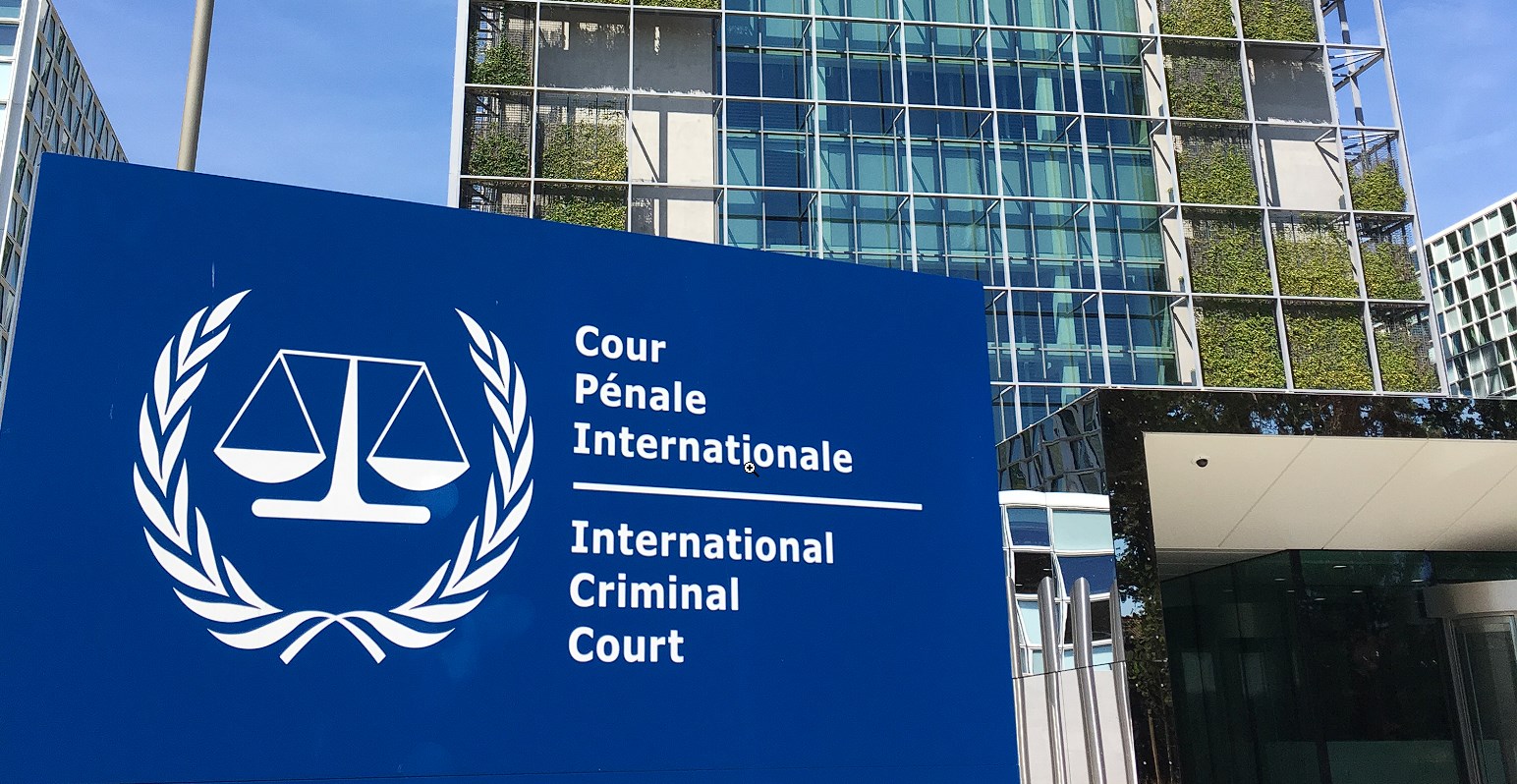The Rome Statute, regulating the prosecution of political leaders accused of international crimes, and its judicial organ, the International Criminal Court (ICC), is currently recognized by 123 countries and regions worldwide. Most of these states are situated in Europe, the Americas and Africa. As our map shows, two major economies have signed but not yet ratified the Statute.
The countries in question are the United States and Russia. The former first signed the Statute but withdrew on its decision to ratify it in May 2002 under the Bush administration. Some of the reasons stated were a lack of proper checks and balances and an incompatibility with the U.S. Constitution, since ratifying the Statute would allow the ICC to trial U.S. citizens committing crimes on U.S. soil, a right historically exclusive to U.S. courts. The relationship between the ICC and Russia has become more than strained since the start of the latter’s invasion of Ukraine. In March 2023, the ICC issued arrest warrants for President Vladimir Putin and Russian Commissioner for Children’s Rights Maria Lvova-Belova for allegedly deporting Ukrainian children and transferring them to Russia, which is seen as a war crime in the eyes of the court. Ukraine has also not yet ratified the Statute.
In addition to the States Parties and the countries having not yet ratified the Statute, two former signees have withdrawn from the treaty: Burundi and the Philippines. The 42 states that have neither signed nor ratified include several Asian nations, such as China, India, Indonesia, Saudi Arabia, Iran and Turkey.
The foundation for the Rome Statute, the treaty that founded the International Criminal Court, was laid in the aftermath of the Second World War, with the “Convention on the Prevention and Punishment of the Crime of Genocide” adopted by the United Nations on December 9, 1948. But it was only after the creation of two international criminal tribunals in the 1990s (those relating to the former Yugoslavia and Rwanda), that the project to create a permanent universal criminal jurisdiction was established.
Signed on July 17, 1998, the Rome Statute defines the international crimes over which the court has jurisdiction, including war crimes, crimes against humanity and genocide, if committed on the territory of a State party or by one of its nationals. There is one exception to this last point: the court may have jurisdiction over an international crime if the United Nations Security Council permits or requests. Due to the majority of defendants being connected to armed conflicts on the African continent, many countries in this region oppose the ICC, claiming it to be a neo-colonial tool of Western powers highlighting crimes in poorer regions of the world while not persecuting war crimes or similar offenses allegedly committed by nationals of more affluent nations.
You will find more infographics at Statista
Ask me anything
Explore related questions






